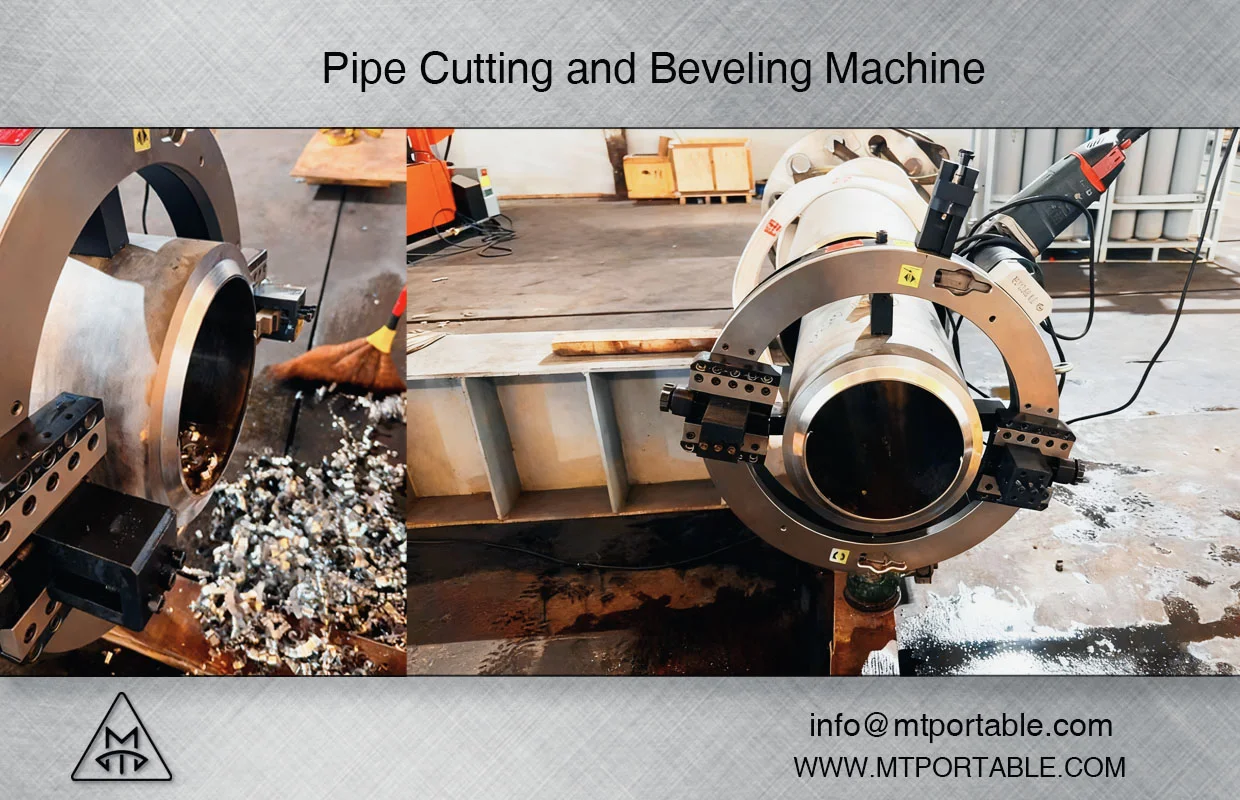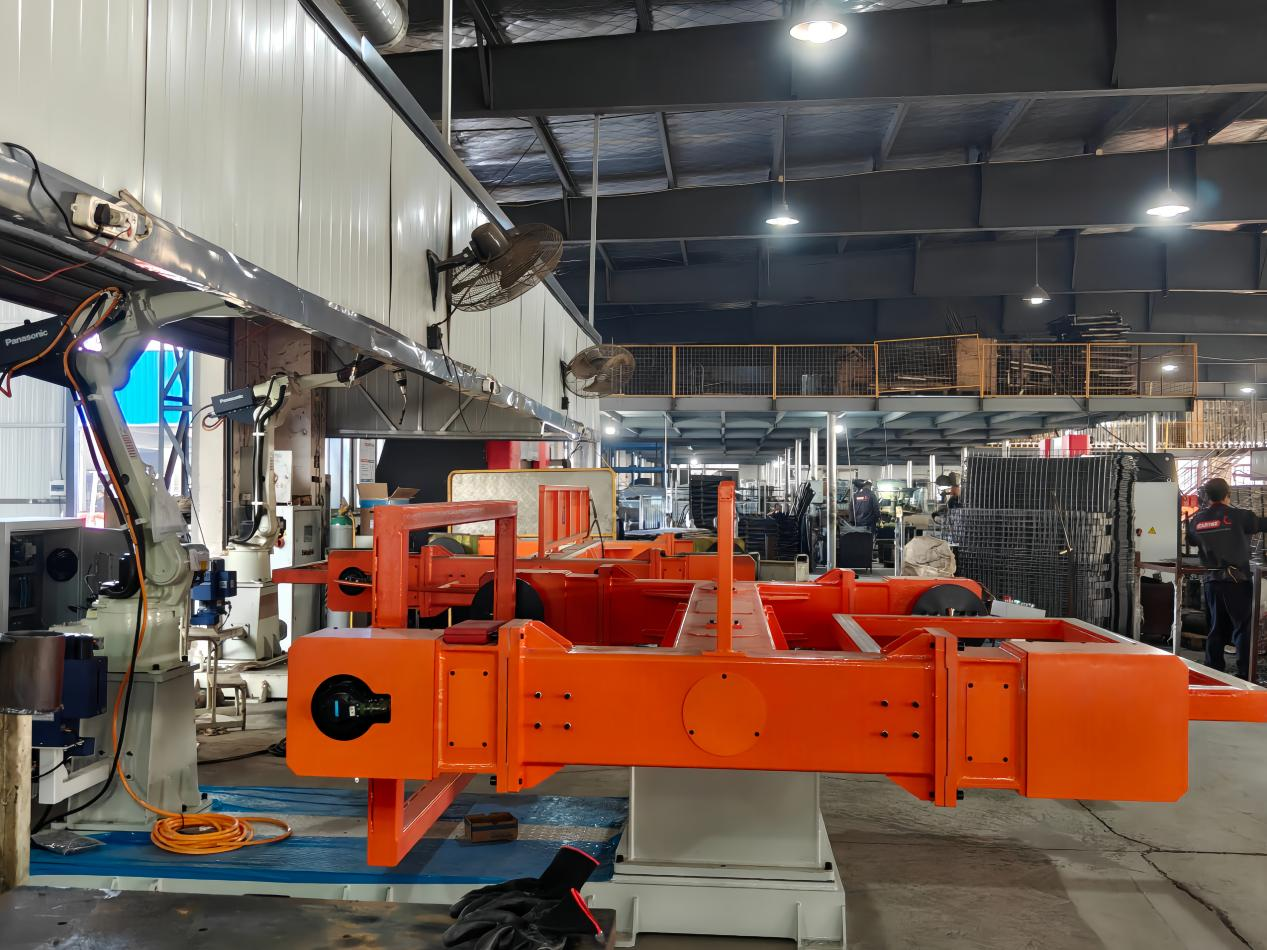In today's fast-paced industries, the efficient functioning of tools and equipment is paramount. Defective tools not only hinder productivity but also pose significant safety risks to workers. This blog post delves into the importance of inspecting defective tools and equipment, highlighting the benefits it brings to businesses and the workforce.
- Ensuring Worker Safety:
Inspecting defective tools and equipment is crucial for maintaining a safe working environment. Faulty machinery can lead to accidents, causing severe injuries or even fatalities. Regular inspections help identify potential hazards, allowing for timely repairs or replacements. By prioritizing worker safety, businesses can reduce workplace accidents, minimize downtime, and foster a positive work culture. - Enhancing Productivity:
Defective tools and equipment can significantly hamper productivity. Frequent breakdowns and malfunctions disrupt workflow, leading to delays and inefficiencies. By inspecting and addressing defects promptly, businesses can prevent costly disruptions and maintain smooth operations. This proactive approach ensures that workers can perform their tasks efficiently, resulting in increased productivity and overall business success. - Cost Savings:
Neglecting to inspect defective tools and equipment can have financial implications for businesses. Repairs or replacements due to sudden breakdowns are often more expensive than routine maintenance. Regular inspections help identify minor issues before they escalate, reducing repair costs and extending the lifespan of tools and equipment. Moreover, by preventing accidents and injuries, businesses can avoid potential legal liabilities and associated expenses. - Quality Control:
Defective tools and equipment can compromise the quality of products or services. For industries that rely on precision and accuracy, such as manufacturing or healthcare, ensuring the proper functioning of tools is paramount. Regular inspections enable businesses to identify and rectify defects, maintaining high-quality standards and customer satisfaction. Consistently delivering superior products or services enhances the reputation and competitiveness of the business. - Compliance with Regulations:
Many industries are subject to strict regulations regarding workplace safety and equipment standards. Inspecting defective tools and equipment helps businesses comply with these regulations, avoiding penalties and legal consequences. By staying up-to-date with inspections and maintenance, businesses demonstrate their commitment to safety and regulatory compliance, fostering trust among customers, employees, and regulatory authorities.
Conclusion:
Inspecting defective tools and equipment is not only a legal requirement but also a crucial aspect of maintaining a safe and productive work environment. By prioritizing regular inspections, businesses can ensure worker safety, enhance productivity, save costs, maintain quality standards, and comply with regulations. Investing in proper maintenance and inspections is an investment in the long-term success and sustainability of any industry.



